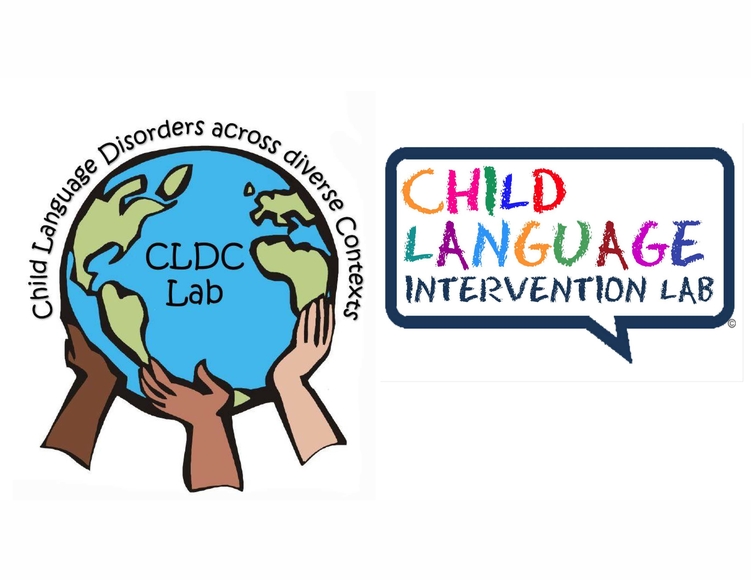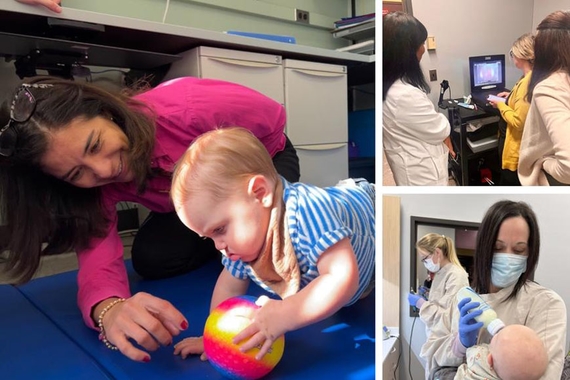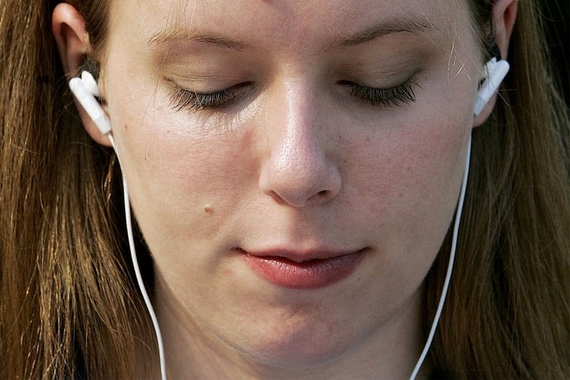New research in child language disorders
SLHS is the home of two new studies on child language disorders funded by the National Institutes of Health. Both studies seek to improve clinical services for early school age children with developmental language disorder (DLD), which occurs when children have delays in language without an obvious cause like hearing loss or intellectual impairment. The first study, led by Dr. Lizbeth Finestack, examines a new way of treating the grammatical mistakes commonly made by children with DLD. Traditionally, children are simply taught to practice correct grammatical forms many times in order to learn them. Dr. Finestack’s approach adds an explanation of the rule or pattern governing the grammatical forms to the practice. This method may be more efficient and more effective, improving the treatment of children with DLD.
The second study, led by Dr. Kerry Ebert, seeks to improve the identification of DLD within diverse groups of children. Traditionally, children are identified as having DLD based on their performance on English tasks. However, children who learn a language other than English at home may perform poorly even when they do not have DLD. Dr. Ebert’s study looks at how children learning different languages (English only, Spanish and English, or Vietnamese and English) interpret and remember information that is not language based to see if common problems in these processing skills can be used to help identify DLD more fairly.
Both studies will continue for the next 5 years, making SLHS an important center of research on children with DLD. For more information on these projects, check out the websites for the Child Language Intervention Lab and the Child Language Disorders across diverse Contexts lab.



